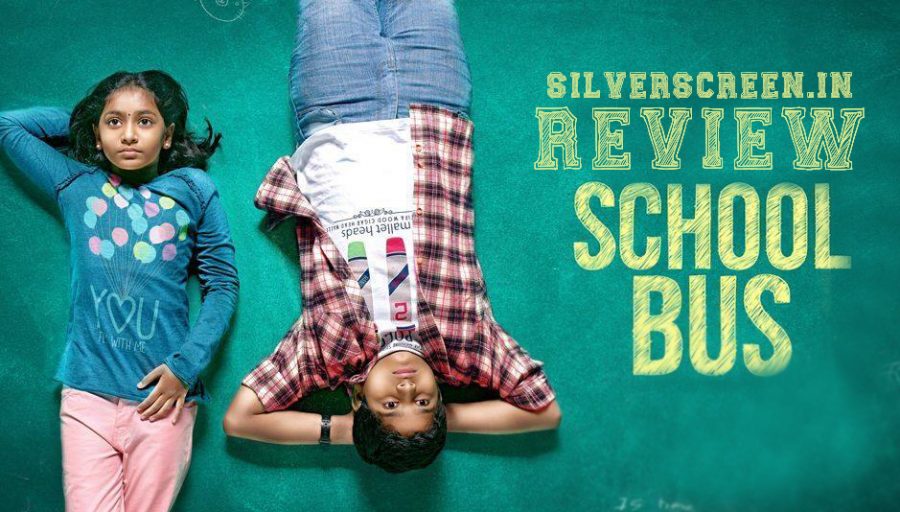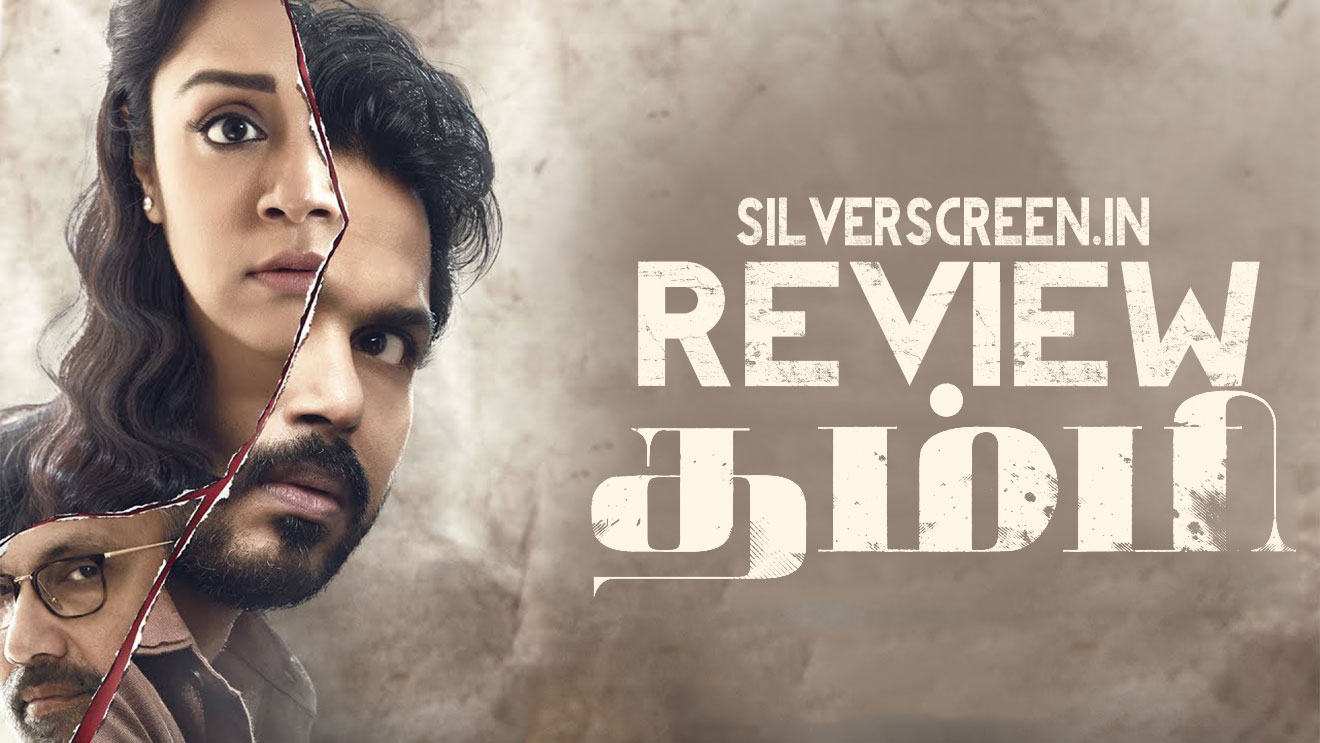In director Kamal’s 1991 film Pookkalam Varavayi (Here Comes Spring), a 5-year-old girl runs away from home, a rich and loveless urban house, to a village full of greenery, and finds all the love she had been searching for. Rosshan Andrrew’s 2006 film Notebook was about insecurity and the emotional trauma faced by teenagers from apathetic upper-class residential schools.
School Bus, Andrrew’s latest, has very similar characters and situations. Even the script follows a similar pattern. It’s easy to predict how events will unfold. And yet, School Bus doesn’t disappoint. It has candid moments brimming with life, as well as actors like Jayasurya and Aparna Gopinath, whose performances bring relatively cold characters close to the audience.
*****
Penned by Andrrew’s regular collaborators Bobby and Sanjay, School Bus narrates the story of Ajoy Joseph (Akash), the son of Aparna (Aparna Gopinath) and Joseph (Jayasurya), a young and opulent couple in Kochi. There’s also Ajoy’s sister Angela (Angelleena Rosshan). Joseph has just filed a civil case against his older brother. Aparna, an entrepreneur, is torn between work and family. The children are a constant, yet meek presence in a house where they are acknowledged only through a casual glance, a nod of the head, or a hesitant smile. Even as the parents’ focus shifts entirely to the legal case, the kids run into more trouble than they’d ever imagined.
What makes School Bus an interesting watch is the portrayal of the children. Inside the plush, compact apartment in the middle of the city, Ajoy feels no sense of belongingness. When Kannan chettan, the son of their domestic help, shares stories about his pristine forest hamlet, Ajoy and Angela are all ears. Trying to imitate Kannan, Ajoy even tries to harvest honey from a comb he discovers inside the school campus. The seemingly innocent act snowballs when a classmate is stung by a bee. Ajoy, anxious and cornered, has no one to confide in, except his little sister Angela. The children devise an escape plan, which goes terribly wrong.
Scenes between the siblings are a treat to watch. In a moment reminiscent of the iconic Children Of Heaven, Ajoy and Angela work hand-in-glove with each other to cover up a mistake. The innocence of the act comes alive beautifully, thanks to child actors who are at ease with their roles.
Equally well done is the escalation of tension in the second half of the movie. A newly appointed young police inspector (Kunchakko Boban) fumbles, even as a seasoned constable (Nandu) takes charge easily. The parents are devastated and begin to introspect. Broken relationships mend themselves. Meanwhile, Ajoy, who had been living like a fish out of water, rediscovers his natural habitat, and befriends his inner demons.
*****
However, one can’t help but notice the film’s problematic politics. Like Bobby-Sanjay’s Traffic, this film cares little about characters that aren’t like its protagonists: rich, upper-class, or powerful. When a senior forest officer calls off the search mission for the boys in spite of Joseph’s pleading, a high-rank bureaucrat intervenes. The movie tends to suggest that unless you are rich or powerful, there isn’t much hope for you. In the second half, the domestic help’s son is in an equally dangerous situation as the one Ajoy is in, and yet, they are just a blur in the background. The police and the bureaucratic force, as in Traffic, work together to rescue the rich kid; other children are treated as collateral victims.
In Mollywood, upper-class school principals are traditionally indifferent and curt. So clichéd is this depiction that it’s a short-hand in children’s movies to signal everything wrong with the education system. School Bus too, lazily follows this trend.
*****
CK Muraleedharan’s camerawork brilliantly brings out the characters’ pathos. Gopi Sunder’s BGM could have been mellower and less dominating in the second half. Instead of working hand-in-hand with other cinematic elements, his BGM is often more dramatic than the visuals and the acting, and tends to overpower every scene.
Recommended
*****
The progression of events in the film is almost natural. There are no cringe-worthy dialogues or situations. School Bus doesn’t take a loud, preachy tone, unlike a film like Phillips and the Monkey Pen. It raises questions, without declaring answers. And winds up being a poignant drama.
*****
The School Bus review is a Silverscreen original article. It was not paid for or commissioned by anyone associated with the movie. Silverscreen.in and its writers do not have any commercial relationship with movies that are reviewed on the site.



